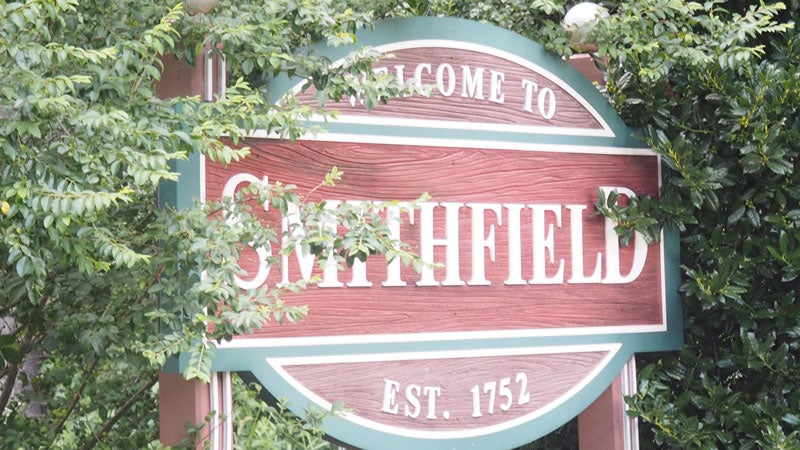Smithfield real estate tax bills due earlier this year
Published 4:39 pm Tuesday, August 22, 2023

- File photo
Smithfield’s real estate tax bills will be due three months earlier this year, but homeowners can expect to pay less than the usual amount.
The town has historically billed on a calendar year basis with a Dec. 31 due date, but will transition this year to a fiscal year billing schedule. The town’s fiscal year begins July 1 and ends June 30.
Within the next few weeks, homeowners will receive bills for the first six months of 2023, which will be due Sept. 15. The bills will be based on Isle of Wight County’s 2019 assessment of property values and the town’s previous real estate rate of 19 cents per $100, both of which were current as of June 30.
The resulting amounts owed should be roughly half what homeowners paid last December for 2022, since the bill is for January though June rather than an entire year.
The amount owed for July 1 through the end of the year will be added to what’s owed for the first six months of 2024 and billed next spring, with a due date likely sometime in early June.
Changing to a fiscal year billing cycle, according to Town Manager Michael stallings, will make it easier for the town’s and county’s financial systems to share data.
“This will allow us to have real time information from the County’s property files,” Stallings said.
Homeowners may see an increase in the amount due on their July 1 through June 30 bills next year, as these will be based on the county’s 2023 property assessment, which saw single-family home valuations rise 34% on average countywide. The new assessed values took effect July 1.
Smithfield’s Town Council voted in June to adopt a “revenue neutral” 14-cent real estate tax rate, meaning the town would take in roughly the same amount of tax revenue under the 2023 assessments as it would have under the 19-cent rate and 2019 valuations. Town residents also pay real estate taxes to the county, which lowered its rate to 71 cents per $100 earlier this year in light of the reassessments. The county’s rate, while a 16% decrease from the 85-cent rate in place for the past nine years, is not revenue neutral.
The town’s real estate rate could potentially change once again later this year due to a procedural mistake at the council’s June meetings.
Under state law, when an advertised tax rate exceeds 101% of the previous year’s real estate revenue due to reassessment, the town must hold separate public hearings on its budget and tax rate prior to any adoption vote. Stallings had initially budgeted for a 17-cent real estate rate, which would have brought in an additional $500,000, or 115% in excess of last year’s revenue, from the reassessment.
The council held only the budget hearing on June 6 and voted 4-3 on June 26 to adopt the tax rate and budget. Town Attorney William Riddick plans to bring the issue to the council’s attention at its Aug. 28 committee meetings. To correct it, the council may need to schedule a new public hearing solely on the real estate rate and revote at a later date.
Councilman Mike Smith, at the June 26 meeting, had raised concerns over achieving the 14-cent rate while keeping the budget at $10.2 million by filling in the revenue gap with $413,000 in one-time COVID-19 relief funds the town had received from the federal American Rescue Plan Act, or ARPA. Smith said he would have supported a 15-cent rate, which Stallings said would still have entailed using $153,000 in ARPA funds to balance the budget. Vice Mayor Valerie Butler and Councilman Wayne Hall, at the June 26 meeting, had joined Smith in opposing the 14-cent rate.





